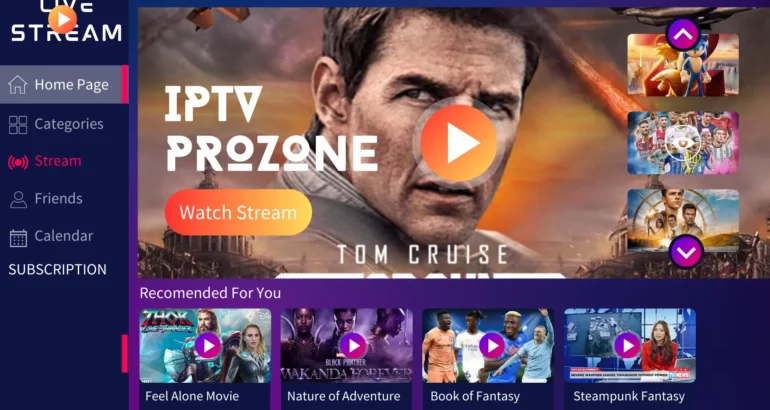Cable vs. Streaming
Cable vs. Streaming : With the rise of technology and innovation, the way we watch TV has changed drastically. Gone are the days when we only had cable TV as our primary source of entertainment. Nowadays, streaming services have become increasingly popular, and many people are ditching their cable subscriptions in favor of streaming platforms. But which one is the better option? In this article, we will compare cable TV and streaming services to help you make an informed decision.
What Is Cable TV?
Cable TV is a traditional TV service that delivers television programming via a coaxial cable network. It provides viewers with access to hundreds of channels, including local channels, premium channels, and specialty channels. Cable TV requires a set-top box or a cable card to access the service. It also comes with a DVR feature that allows viewers to record their favorite shows and watch them later.
What Are Streaming Services?
Streaming services are digital platforms that allow viewers to watch TV shows, movies, and other types of content over the internet. Unlike cable TV, streaming services don’t require a set-top box or a cable card. All you need is an internet connection and a device to stream the content on, such as a smart TV, a streaming device, or a gaming console. Streaming services offer a vast library of content, including original programming, documentaries, and movies.
Pricing
One of the most significant differences between Cable vs. Streaming services is the pricing. Cable TV is typically more expensive than streaming services, and the prices can vary depending on the package you choose. With cable TV, you’re also required to sign a contract, and you may have to pay extra fees for equipment, installation, and DVR services.
On the other hand, streaming services are much cheaper than cable TV, and there are no contracts involved. Most streaming services offer a monthly subscription fee, and you can cancel the service anytime you want. Some streaming services also offer a free trial period, which allows you to test the service before committing to a subscription.
Content Library
The content library is another crucial factor to consider when deciding between cable TV and streaming services. Cable TV offers a vast selection of channels, but you’ll need to purchase premium packages to access some of the popular channels. Cable TV also doesn’t offer a lot of original programming, and the content library can be limited.
Streaming services, on the other hand, offer a vast library of content, including original programming, documentaries, and movies. Most streaming services also allow you to create personalized profiles, and they offer recommendations based on your viewing history. Additionally, streaming services offer exclusive content that you can’t find on cable TV.
Convenience and Flexibility
Another critical factor to consider when choosing between Cable vs. Streaming services is convenience and flexibility. With cable TV, you’re tied to your TV set, and you can only watch your favorite shows at home. Cable TV also doesn’t offer much flexibility, and you may miss your favorite shows if you’re not home.
Streaming services, on the other hand, offer much more convenience and flexibility. You can watch your favorite shows anytime, anywhere, as long as you have an internet connection. Most streaming services also allow you to download content, which means you can watch it offline. Additionally, streaming services offer personalized recommendations and allow you to create your own watchlist.
Final Thoughts :
In conclusion, Cable vs. Streaming has its pros and cons. Cable TV offers a vast selection of channels, but it’s more expensive and less flexible than streaming services services.

